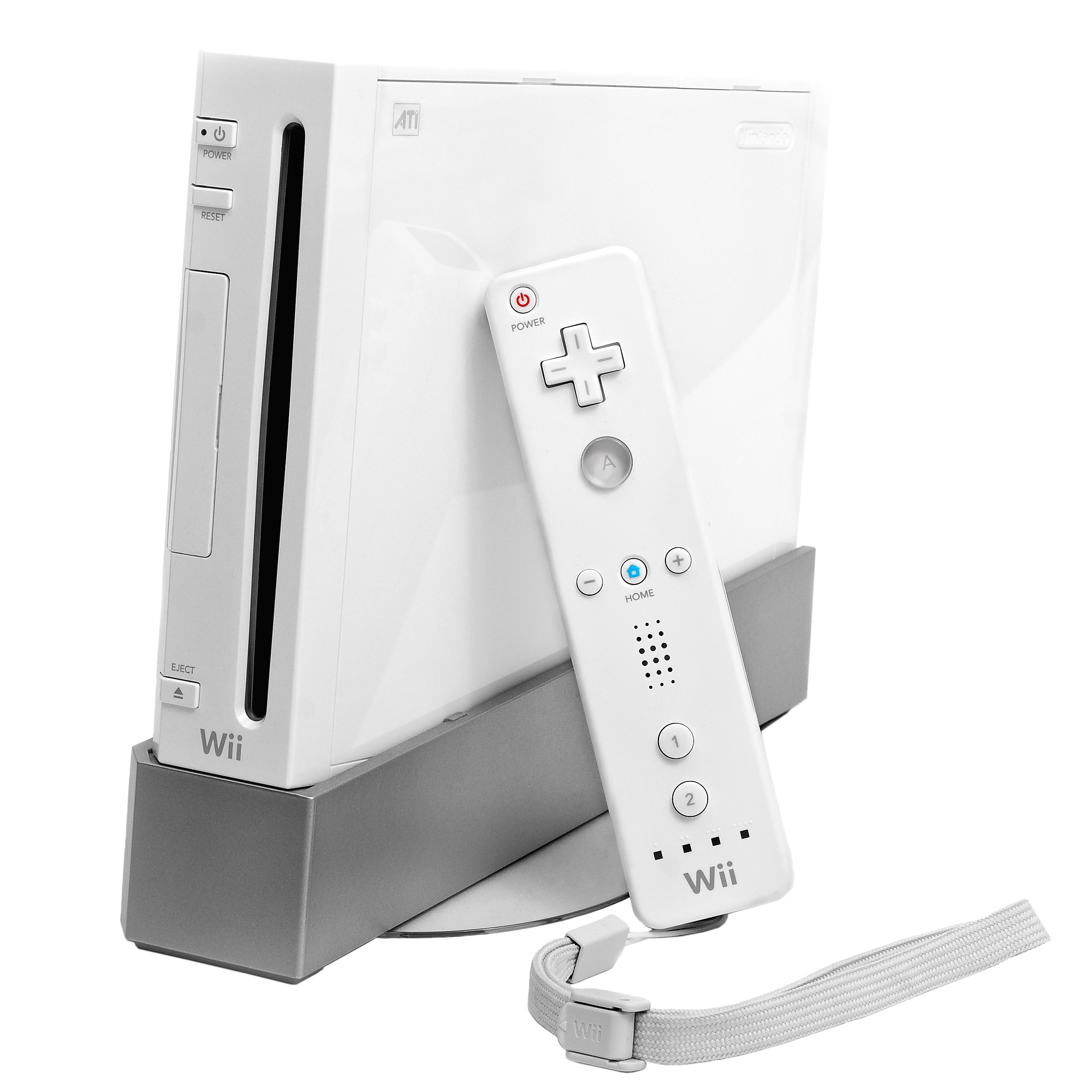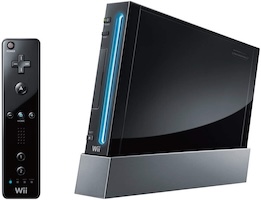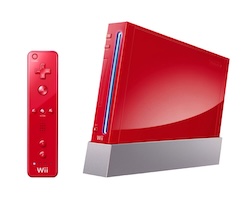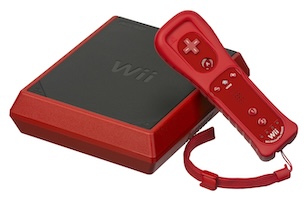About Nintendo Wii
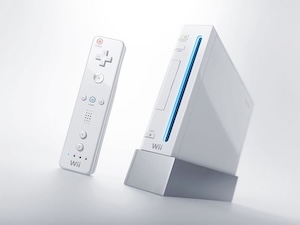
The Nintendo Wii revolutionized gaming with its motion-sensing controls, making interactive gameplay more accessible to casual and family audiences worldwide.
Some History
Nintendo took a bold new approach with the Wii, focusing on innovative gameplay and interaction rather than high-end graphics and costly technology. The strategy aimed to engage not only dedicated gamers but also casual players, newcomers, and even those who had drifted away from gaming—similar to its successful efforts with the Nintendo DS. Nintendo envisioned its motion-based control schemes as a potential industry standard, replacing traditional controllers. This approach paid off, as demand for the Wii exceeded supply throughout 2007. Unlike its competitors, Nintendo made a profit on each console sold from day one, leading to strong financial performance. With few exceptions, Wii consistently outsold the Xbox 360 and PlayStation 3 in monthly global sales, quickly closing Microsoft’s early market lead and surpassing Sony. In 2007, the Financial Times reported that Wii sales had overtaken the Xbox 360, making it the best-selling home console of the generation.
True to its legacy, Nintendo supported the Wii with beloved first-party franchises such as Mario, The Legend of Zelda, Metroid, and Pokémon. To further attract casual and non-gamers, the company introduced a lineup of motion-controlled experiences, including Wii Sports, Wii Play, Wii Fit, and Wii Music, offering immersive gameplay that simulated real-world activities.
While publishers like Ubisoft, Electronic Arts, Capcom, and Majesco Entertainment released exclusive titles for the system, Nintendo’s first-party games remained its strongest selling point. Some analysts predicted that the Wii’s success would eventually encourage third-party developers to prioritize it. However, frustrations emerged regarding software sales, with No More Heroes developer Goichi Suda initially commenting that "only Nintendo titles are doing well" and expressing hopes for more hardcore-focused games. Meanwhile, the PAL publisher of No More Heroes, Rising Star Games, praised the title’s sales performance. Suda later clarified his remarks, explaining that No More Heroes catered to a different audience than most Wii titles, helping broaden the console’s appeal.
Fun Facts
- 🔹 The Wii’s motion-sensing Wiimote was originally designed to bring new players into gaming, making it one of the most accessible consoles ever.
- 🔹 Wii Sports became one of the best-selling games of all time, thanks to its simplicity and worldwide appeal.
- 🔹 The Wii introduced the Mii avatars, allowing players to create cartoon-style versions of themselves for games and online interactions.
- 🔹 Nintendo didn’t expect the Wii to be a hit with seniors, but many retirement homes adopted it for fitness and recreation.
- 🔹 The Wii was so popular that many hospitals used it for patient therapy, helping with movement recovery and rehabilitation.

